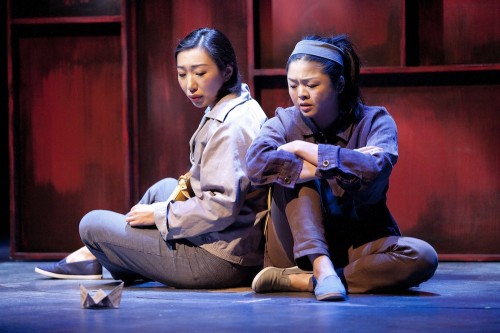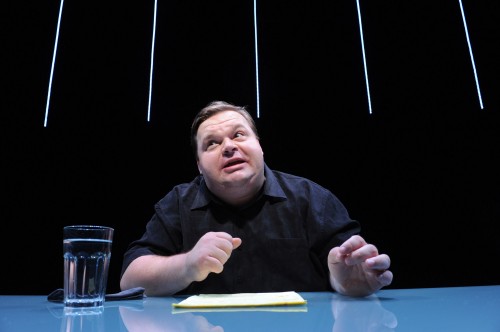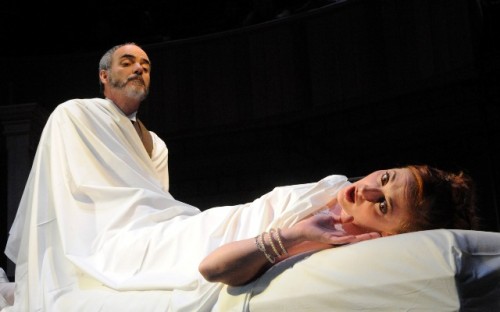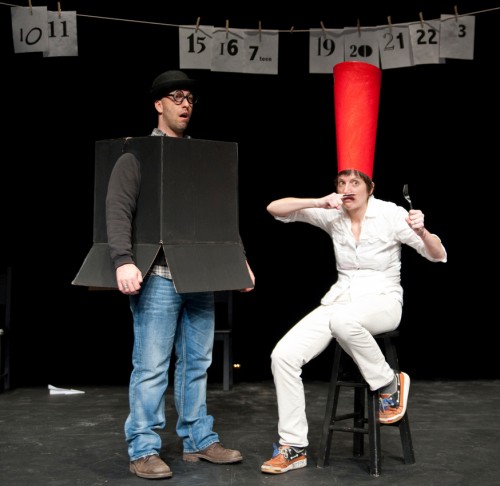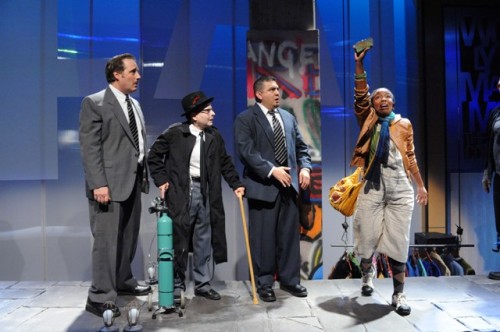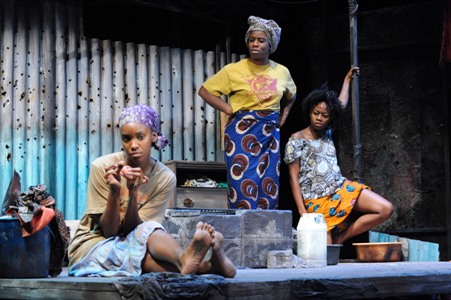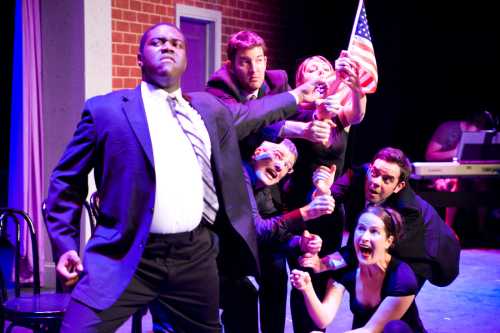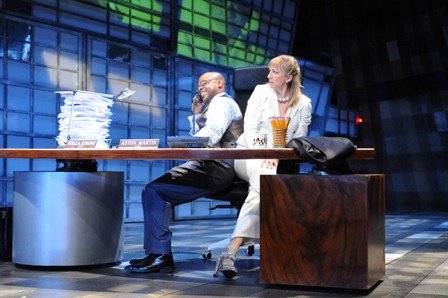
Howard Shalwitz of Woolly Mammoth Theatre Company
In the House is a feature interview series about the theater-makers that keep our most precious institutions up and running. We want to know what artistic and executive directors love about their jobs, how they see their work affecting the city’s theater culture, and what they hope for the future of the craft.
Howard Shalwitz is the co-founder and artistic director of Woolly Mammoth Theatre Company, which is currently in its 34th season of producing and developing contemporary new plays that “defy convention.”
Joanna Castle Miller: What does your job as an artistic director involve, and what is its purpose?
Howard Shalwitz: I used to say that my job was the guardian of the soul of the institution – and now I hate the word “institution” so I don’t say that anymore. You would think you’d define the job according to what plays we select, and the artists who work here, and the character of the work, and that’s all true; but I actually think more of my time goes into the long-term vision of the organization: What is the mission? How are we expressing our mission right now? I think I have an important role – because I’ve been here so long – as a kind of guardian of the institutional memory of the organization.
It’s really those long-term mission and vision parts of the job that I think are most important; and if you neglect that, then the theater’s really in trouble.


